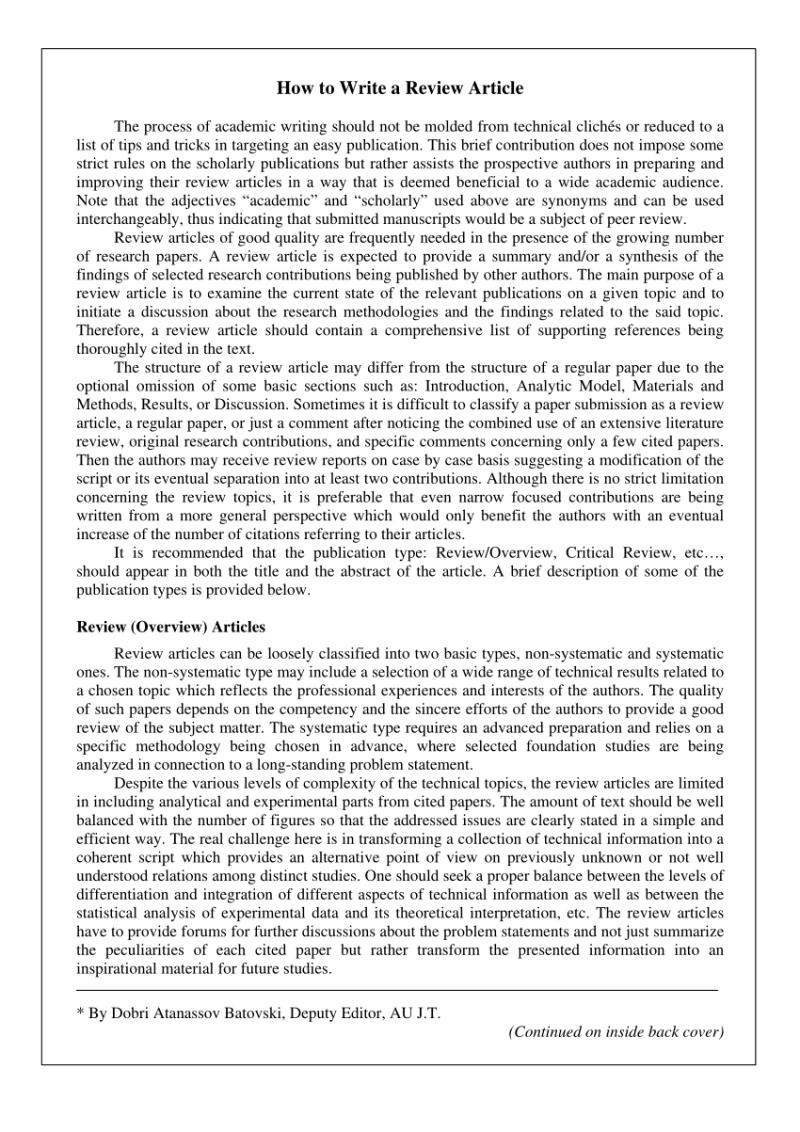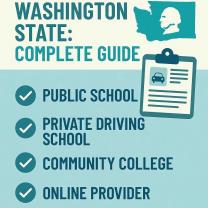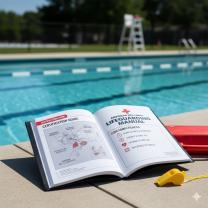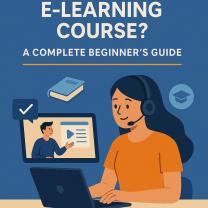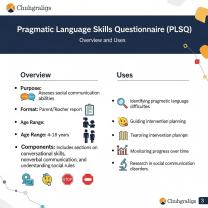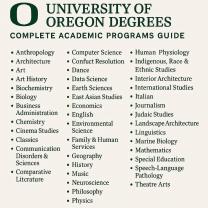How to critique article?
Critiquing an article involves analyzing its strengths, weaknesses, validity of arguments, clarity of presentation, and overall impact. Here's a step-by-step guide to help you critique an article effectively:
Step 1: Read Carefully and Take Notes
Understand the Content: Read the article thoroughly to grasp its main arguments, key points, and the author's thesis or main idea.
Take Notes: Jot down key concepts, arguments, evidence used, methodology (if applicable), and any questions or points of contention.
Step 2: Assess the Structure and Organization
Introduction: Evaluate the clarity and effectiveness of the introduction in providing an overview and stating the purpose of the article.
Main Body: Analyze how the author presents arguments, evidence, and supports their claims. Look for logical flow and coherence between paragraphs and sections.
Conclusion: Assess how well the conclusion summarizes key points and reinforces the main argument without introducing new ideas.
Step 3: Evaluate the Content and Arguments
Thesis and Arguments: Assess the strength and clarity of the main thesis or argument. Determine if the arguments are well-supported with evidence and reasoning.
Evidence and Sources: Evaluate the quality, relevance, and credibility of the sources and evidence used to support claims or arguments.
Logic and Reasoning: Analyze the logical coherence of the author's reasoning. Look for any fallacies or gaps in the logic of the arguments presented.
Step 4: Consider Methodology and Research
Research Methodology (if applicable): Evaluate the methodology used in research articles. Assess the appropriateness and rigor of the research methods applied.
Data Analysis (if applicable): Critique the data analysis techniques and interpretations of results for accuracy and relevance.
Step 5: Assess Writing Style and Language
Clarity and Coherence: Evaluate the clarity, coherence, and readability of the writing style. Assess if the language is clear and understandable.
Tone and Bias: Consider the author's tone and potential biases. Assess if the article is objective or if it presents a particular viewpoint strongly.
Step 6: Reflect on Impact and Contribution
Contribution to the Field: Reflect on the article's contribution to the field of study, including its novelty, significance, or implications for further research or practice.
Limitations: Identify any limitations or areas where the article could be improved. Consider alternative perspectives or additional information that could enhance the article's credibility or relevance.
Step 7: Summarize and Provide Feedback
Summarize Critique: Summarize your critique, highlighting key strengths and weaknesses.
Provide Constructive Feedback: Offer constructive feedback, suggestions for improvement, and areas where the article excelled.
Remember to maintain objectivity, support your critique with evidence from the article, and offer constructive feedback to help improve the quality and impact of the work.
Developing a critical approach to evaluating the quality and credibility of articles
In today's information-saturated world, it is crucial to be able to critically evaluate the quality and credibility of articles to ensure you are consuming accurate and reliable information. Here's a step-by-step guide to effectively assessing the credibility of an article:
Consider the Source: Identify the source of the article, including the author, publisher, and website. Reputable news sources, academic journals, and government websites generally have higher credibility than personal blogs or social media posts.
Assess the Author's Expertise: Check the author's credentials and background to determine their expertise in the topic of the article. Look for academic affiliations, professional experiences, and relevant publications.
Identify Potential Biases: Be aware of potential biases that might influence the author's perspective, such as political affiliations, personal experiences, or financial ties to the topic.
Evaluate the Article's Structure: Check the article's structure and organization. A well-structured article should have a clear introduction, well-organized body paragraphs, and a concise conclusion.
Analyze the Writing Style: Assess the clarity and objectivity of the writing. Avoid articles with excessive jargon, emotional language, or persuasive techniques aimed at manipulating the reader's opinion.
Critically Analyze Evidence and Arguments: Evaluate the evidence presented in the article. Check the sources of information, assess the validity of data, and consider alternative perspectives.
Critically Analyze Conclusions: Scrutinize the conclusions drawn in the article. Ensure the conclusions are logically supported by the evidence and arguments presented.
Seek Corroborating Evidence: Search for additional sources that support or contradict the information presented in the article. Compare and contrast different perspectives to gain a more comprehensive understanding of the topic.
Provide Constructive Feedback: If appropriate, provide constructive feedback to the author or publisher, highlighting areas for improvement and suggesting additional sources or perspectives.
By following these steps, you can develop a critical approach to evaluating the quality and credibility of articles, ensuring you are consuming accurate and reliable information. Remember, critical thinking is an ongoing process that requires continuous learning and vigilance.
